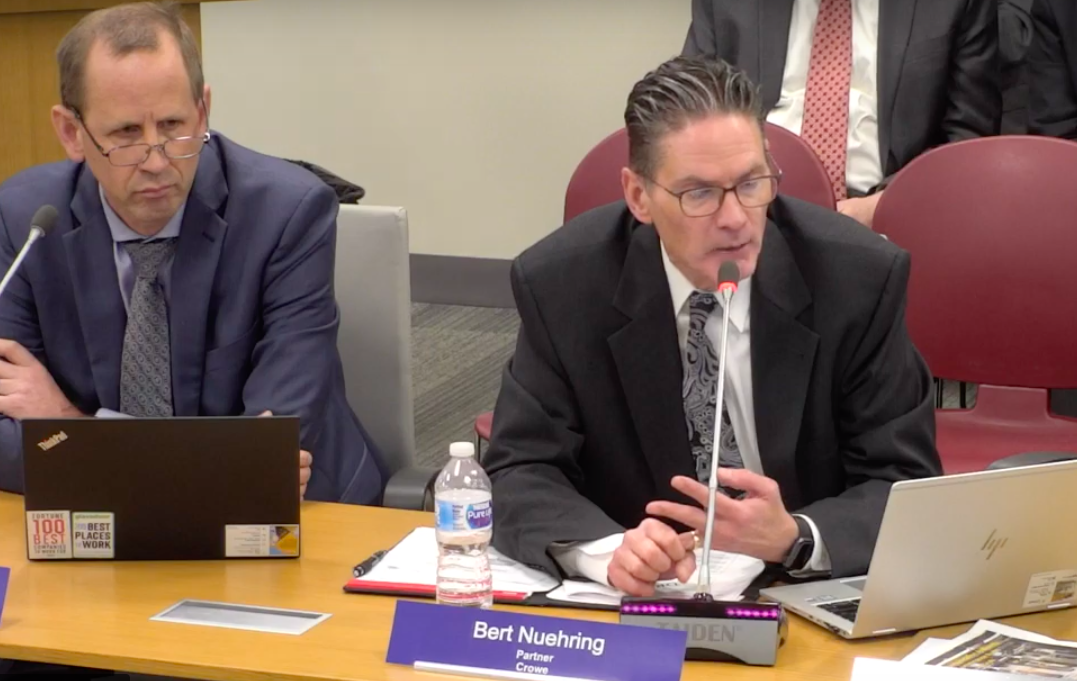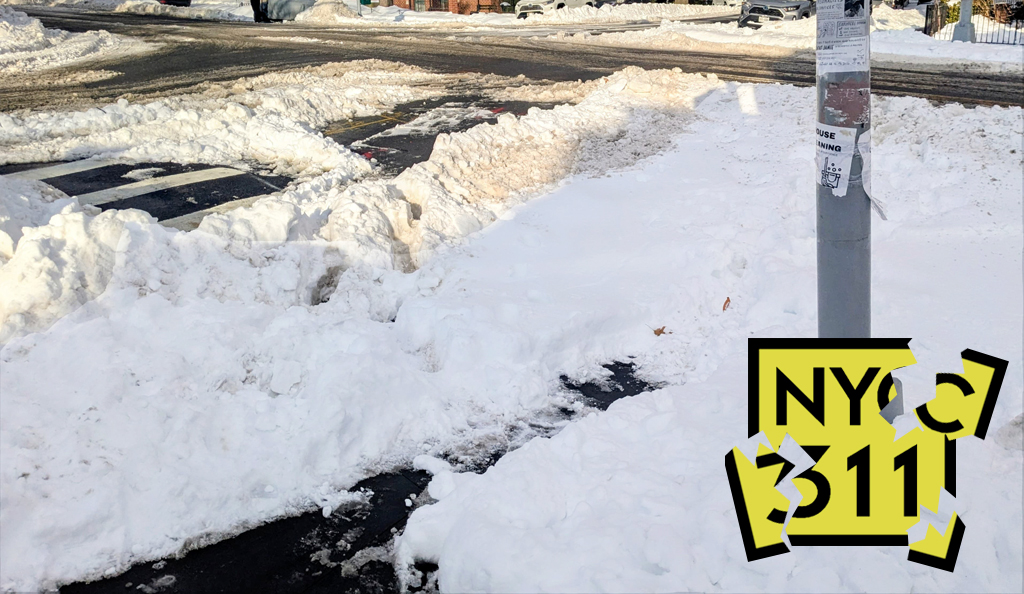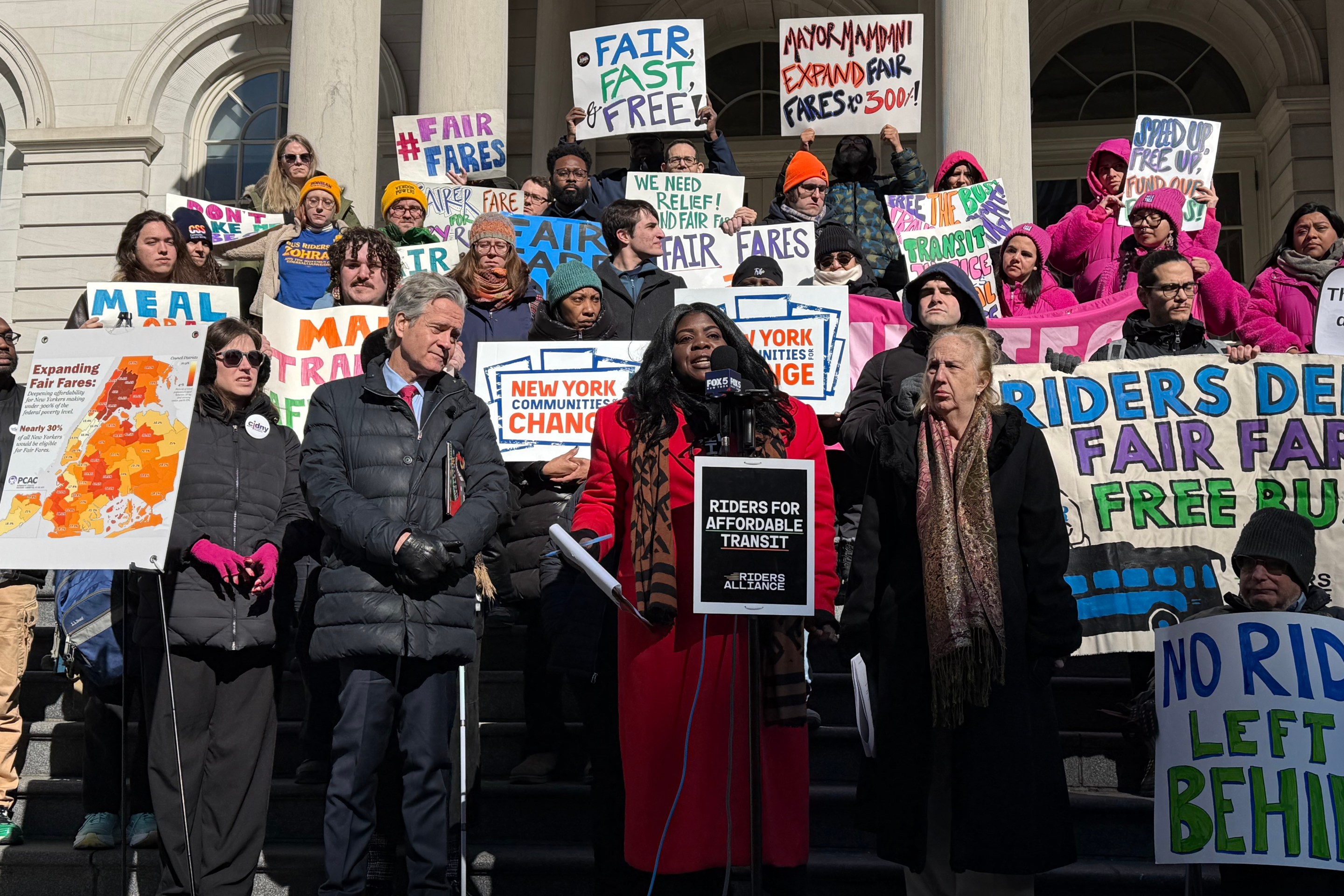
"What the hell did we just pay for?" isn't just a question for Knicks fans watching Julius Randle this year.
The long-awaited "forensic audit" of the historic $51.5 billion 2020-2024 MTA Capital Plan that cost $900,000 and was released last week didn't actually explain how the transit agency could lower its construction costs. Instead, the well-paid consultants behind the plan laid out a series of recommendations that will sound very familiar to the advocates who have spent years calling for just the same things.
Plus, for the $900,000 that the MTA paid for the forensic audit, the agency could have funded 14,173 30-day Fair Fare MetroCards.
The audit, mandated by the state legislature earlier this year and executed by consulting firm Crowe LLP, consists of an 86-page report (linked here on the MTA website) that was boiled down to a 12-page slideshow presented to the board that contained no numerical breakdown of the capital plan. Instead, the slides focused on the process that the MTA takes to come up with its capital plans. In that area, the Crowe consultants Bert Nuehring and Eric Nylund said that they determined that while the MTA's cost estimates weren't 100 percent accurate and that the plan lacked sufficient time for public input, it was still a fundamentally sound capital plan. For MTA construction chief Janno Lieber, this seemingly contradictory result was something to crow about.
Lieber told reporters that legislators should now know "that the substance of the capital program is valid and makes sense, the project mix makes sense, and that we're ready to go with this capital program." But legislators should also know that there are a lot of ways that the MTA can better manage data and evaluate the condition of its assets and make decisions about what needs to be fixed when," Lieber said.
Transit advocates said that the slideshow presentation was for the birds.
"The criticisms should have focused on significantly reducing cost estimates to bring them in line with international standards," said Ben Kabak, the publisher of Second Avenue Sagas and a longtime critic of the MTA's wildly over-inflated construction costs. He called the report "superficial."
The forensic audit specifically chided the MTA for releasing its capital plan this year without giving the public 45 days to weigh in on it. After a summer of raising alarm bells over that exact transparency issue, Reinvent Albany's Rachael Fauss was unimpressed to hear that the MTA paid for the same advice.
"The forensic audit confirms what advocates and other stakeholders have long known, that the public deserves to see the capital plan and needs assessment well before a Board vote," Fauss said. "It's unfortunate that it took hiring a costly consultant to have these issues finally validated by the MTA."
Fauss also took issue with Crowe LLP's suggestion that a "governing body" be in charge of the MTA's 20-Year Needs Assessment, a document that studies the state of good repair of the MTA's many physical assets. Fauss said that a governing body would just "politicize" a process that the MTA staff now handles. Even there though, the Crowe consultants didn't have much behind their suggestion. "Our recommendation around that isn't specific to what body that should be," Nuehring said when asked by reporters what that body should look like.
The MTA Board was also unsuccessful in getting a straight answer from the $900,000 Men. When de Blasio appointee Bob Linn asked the pair what would in the 2020-2024 capital plan would be different if the audit had been before the plan was finalized, Nuehring told the Board that "the scope of our review wasn't to identify what the impact would be" in that area.
MTA - Performance Audit Boa... by Gersh Kuntzman on Scribd (public slideshow):






